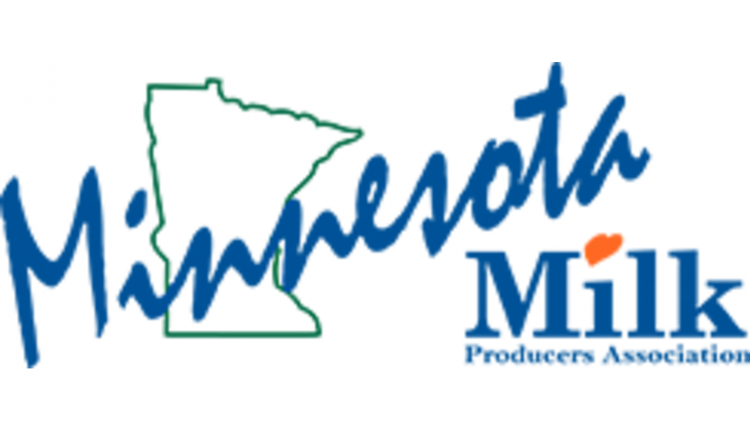 Many agricultural businesses and organizations provide scholarships to deserving students. Some are based on academic merit, work experience, school activities, leadership roles, career aspirations, and, in some cases, financial need. We have prepared a list of 10 things to be mindful of when applying for scholarships (and for those writing letters on behalf of applicants). Many of our staff have served on scholarship committees and have seen several of these factors determine the final winners.
Many agricultural businesses and organizations provide scholarships to deserving students. Some are based on academic merit, work experience, school activities, leadership roles, career aspirations, and, in some cases, financial need. We have prepared a list of 10 things to be mindful of when applying for scholarships (and for those writing letters on behalf of applicants). Many of our staff have served on scholarship committees and have seen several of these factors determine the final winners.1. Keep on top of scholarship deadlines. Visit websites, read newspapers, look through newsletters for details on scholarships that are available.
2. Know the specific requirements for the application. Do you qualify: your major, your activities, your college, etc.
3. Review the application – what is required– essays, letters of recommendation, high school or college transcripts.
4. Plan your time accordingly. Order transcripts, contact (ask) individuals to write letters ahead of deadline. Provide them with the name of the scholarship and when it is due. It is also helpful to tell them about the scholarship (who presents it, how is it selected, etc), so they can tailor their letter to the specific scholarship. Generic "to whom it may concern" letters without the name of the scholarship is laziness on the person writing the letter, and/or laziness on the applicant's part to notify the letter-writer far enough in advance.
5. Letters of recommendation are generally from non-related youth advisors (4-H/FFA/Jr breed associations/church/school clubs), teachers, principals, college professors, employers, etc. Fill out the application. Answer the questions they ask, not necessarily a cut-and-paste from another application that may ask a similar question.
6. Review your initial application a day or so later. Brainstorm for things you may have forgotten, spell-check, grammar-check. Share it with someone else to see if it reads well.
7. Make final changes. Don't forget to sign applications that require a signature. Provide people writing letters background your completed application. It will give them additional background information that they may not have known about you. It will also be useful if they write future letters for you. When evaluating scholarship applicants, it is easy to tell which people writing letters barely know the applicant. Providing letter-writers with background may help them prepare the letter. (This is especially true for high school principals. Not a lot of students have a close relationship with their principal, and their letters demonstrate that.)
8. Confirm if letters of recommendation are to accompany application or sent under separate copy. If they are to be mailed separately, follow-up with the writer a few days before due date, to make sure they have not forgotten.
9. Make a copy of all parts of the application and file them for future reference.
10. Mail application before deadline, and if necessary, send it expedited (next Day) to arrive by deadline. (Some applications may accept postmark date, but that varies by scholarship.)
Hoard's Dairyman provides a list of regional/national scholarships on our website. Also, scholarships are announced by the scholarship donors on our Industry Buzz page. There are hundreds more available in your local and state areas, you just need to look for them. Good luck!








